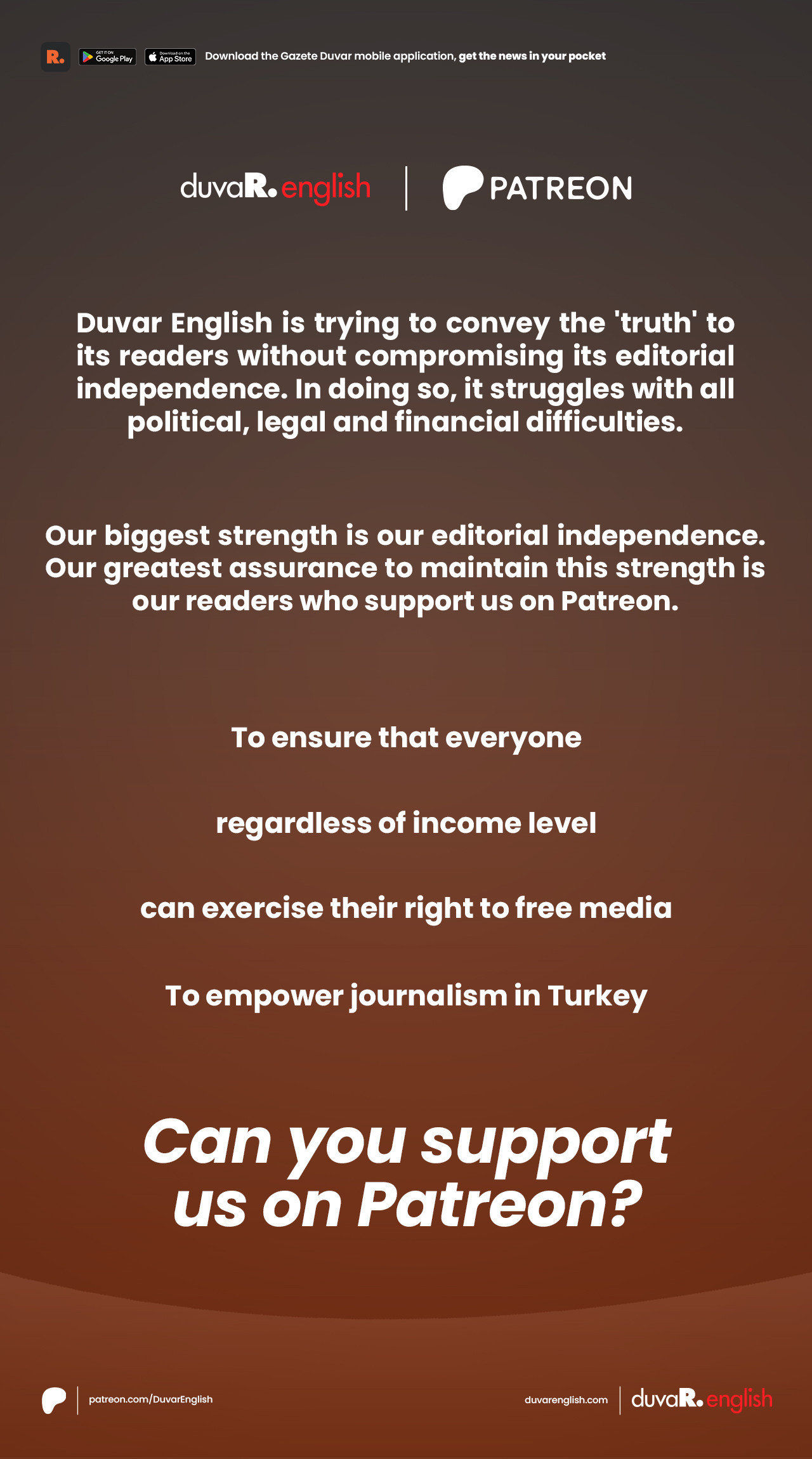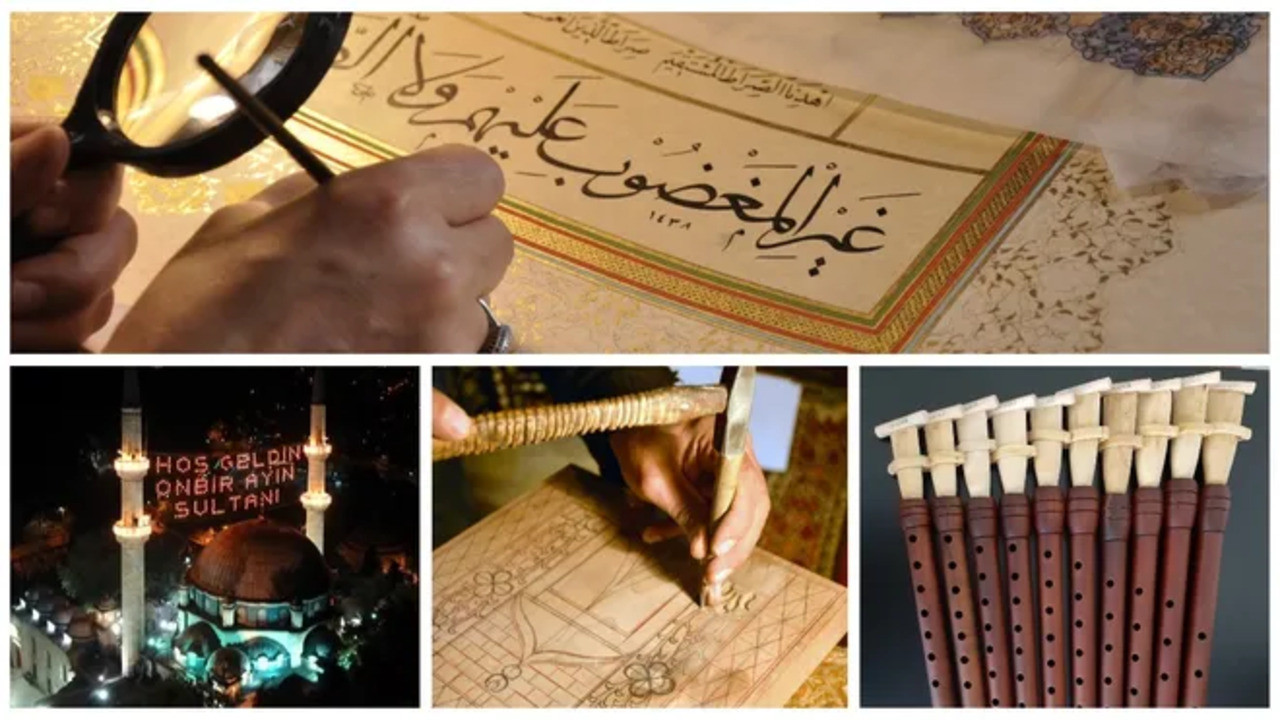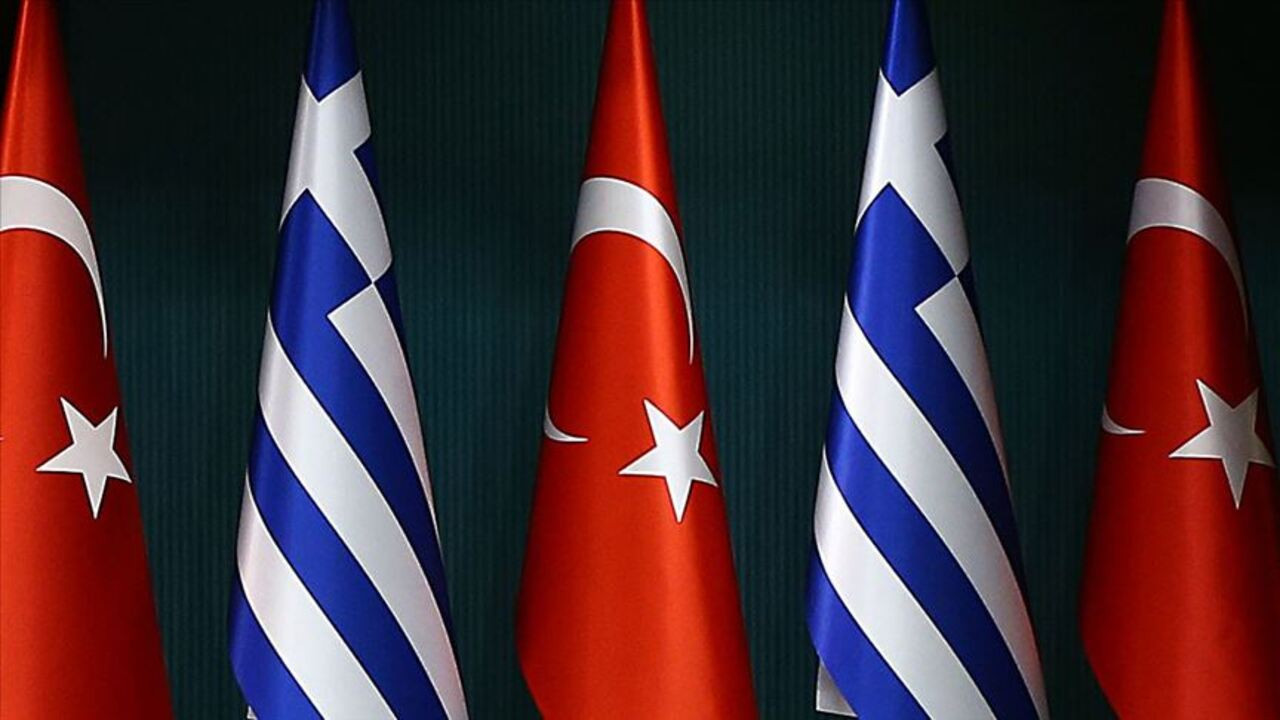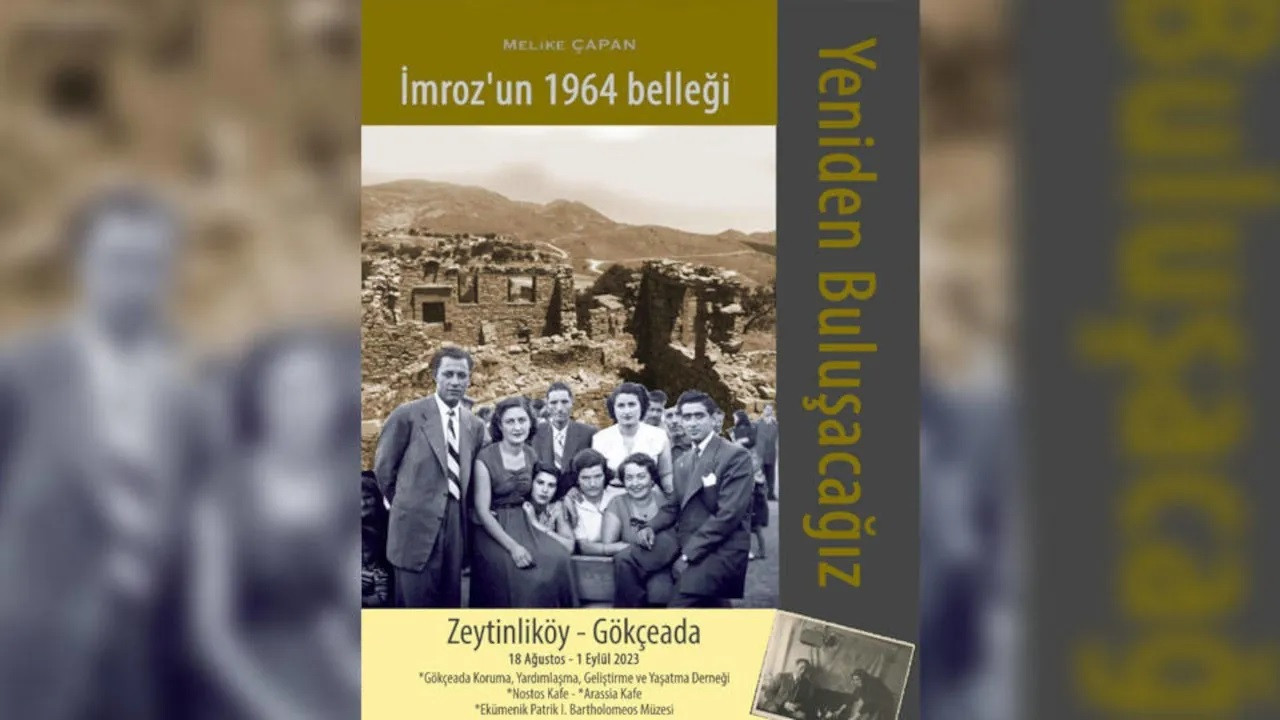İzmir event brings together artistic initiatives from Greece, Turkey
The “Kαρσί/Karşı” gathering held in İzmir explored history, migration, and ecology in the Northern Aegean. Organized by Anadolu Kültür and partners, the event featured artists, aiming to foster collaboration between Turkey and Greece on the centennial of the population exchange.
Cihan Başakçıoğlu / Gazete Duvar
The “Kαρσί/Karşı” gathering, organized through a partnership between Anadolu Kültür, and Greek art collectives NOUCMAS and TAVROS, took place on Feb. 1 in western Turkey’s İzmir province.

The event explored the intersecting perspectives of history, memory, subjectivity, migration, and ecology in the Northern Aegean.
Representatives from various civil society organizations and a large audience attended. Artistic initiatives from both shores of the Aegean will meet throughout 2025 as part of the “Kαρσί/Karşı” project, designed to mark the 100th anniversary of the population exchange between Greece and Turkey.
Anadolu Kültür representative Asena Günal delivered the opening speech, calling the project a strong example of using culture and art to bring together groups with historical conflicts and prejudices.
She also read a message from Osman Kavala, who expressed his enthusiasm for Anadolu Kültür’s partnership with organizations from Greece and Turkey. Kavala, the founding member of Anadolu Kültür, has been in prison since 2017 for allegedly orchestrating the 2013 Gezi Protests, and attempting to overthrow the Turkish government.
Kavala wrote, “The Aegean is a sea that separates two continents, but throughout history, countless cultural bridges have connected its two shores. Thus, the Aegean is not just a sea but also a cultural space that shapes the emotions, desires, and traditions of the people on both sides.”
He continued, “The traces and pain of political developments, violence, and social turmoil have left their mark on these bridges. I believe it is crucial to explore some of these together, creating a shared narrative through personal accounts.”
The project title, “Kαρσί/Karşı,” holds dual meanings in Greek and Turkish, signifying both “opposite” and “oppositional.” The initiative aims to connect artistic communities and cultural institutions on both shores of the Northern Aegean. The Izmir event was held ahead of the first official gathering, which will bring together participants from eight institutions in Turkey and Greece.
The project also questions what it means to conduct cultural work in the region. While examining past and present practices that shape the area’s identity, it seeks to establish collaborations that explore responses to shifting cultural and ecological landscapes.
Running from December 2024 to July 2025, the project will bring together local artists, cultural workers, and audiences. Through mutual visits, research trips, workshops, and public discussions, it aims to deepen observations and reflections on the region, laying the groundwork for lasting, grassroots collaborations.
(English version by Ayşenaz Toptaş)


 Turkey rises to second place on UNESCO intangible cultural heritage listCulture
Turkey rises to second place on UNESCO intangible cultural heritage listCulture Greece: 'We have reached a sufficient level of trust with Turkey'Diplomacy
Greece: 'We have reached a sufficient level of trust with Turkey'Diplomacy Exhibition on Rum community canceled in Turkish island of GökçeadaCulture
Exhibition on Rum community canceled in Turkish island of GökçeadaCulture